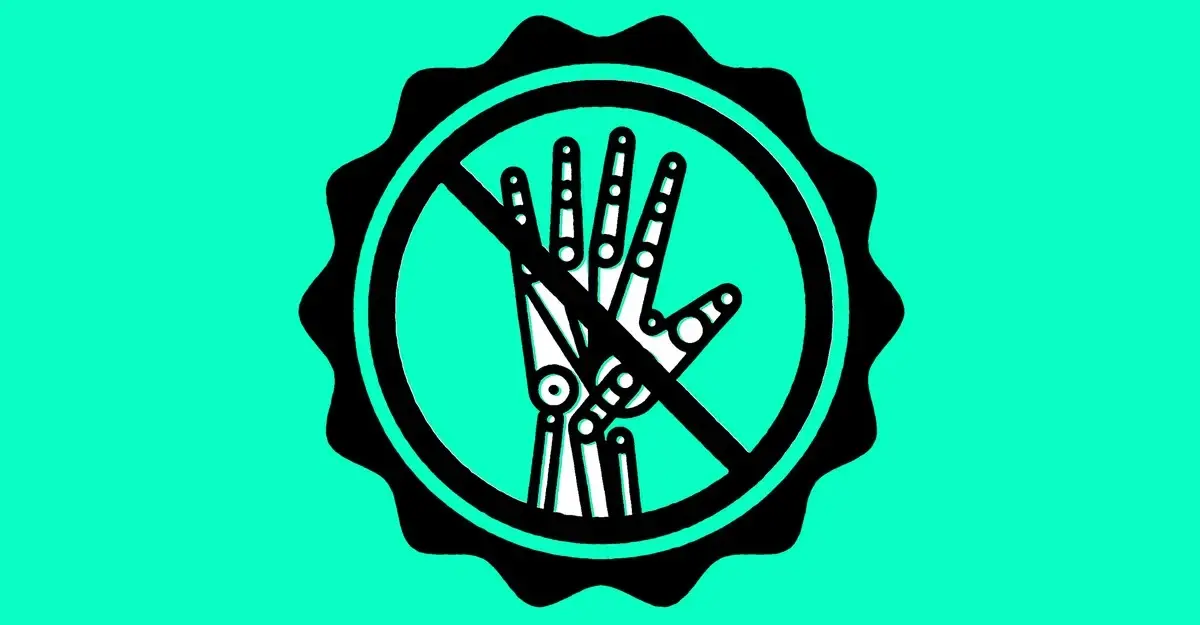As soon as Apple announced its plans to inject generative AI into the iPhone, it was as good as official: The technology is now all but unavoidable. Large language models will soon lurk on most of the world’s smartphones, generating images and text in messaging and email apps. AI has already colonized web search, appearing in Google and Bing. OpenAI, the $80 billion start-up that has partnered with Apple and Microsoft, feels ubiquitous; the auto-generated products of its ChatGPTs and DALL-Es are everywhere. And for a growing number of consumers, that’s a problem.
Rarely has a technology risen—or been forced—into prominence amid such controversy and consumer anxiety. Certainly, some Americans are excited about AI, though a majority said in a recent survey, for instance, that they are concerned AI will increase unemployment; in another, three out of four said they believe it will be abused to interfere with the upcoming presidential election. And many AI products have failed to impress. The launch of Google’s “AI Overview” was a disaster; the search giant’s new bot cheerfully told users to add glue to pizza and that potentially poisonous mushrooms were safe to eat. Meanwhile, OpenAI has been mired in scandal, incensing former employees with a controversial nondisclosure agreement and allegedly ripping off one of the world’s most famous actors for a voice-assistant product. Thus far, much of the resistance to the spread of AI has come from watchdog groups, concerned citizens, and creators worried about their livelihood. Now a consumer backlash to the technology has begun to unfold as well—so much so that a market has sprung up to capitalize on it.
Obligatory “fuck 99.9999% of all AI use-cases, the people who make them, and the techbros that push them.”



So if I walked into a restaurant that specialized in a certain cuisine (choosing the right one out of hundreds is a skill, right?) and wrote down a list of ingredients, and the restaurant made me a meal with those ingredients according to however the restaurant functions (nobody can see into the kitchen, after all), does this make me a chef?
Is there any chance you’re at a kbbq or hotpot restaurant? Because then you get to cook the meal yourself, which is arguably chef-like.
Jokes aside, I see the comparison you’re making and it’s not a bad one. I’d counter by giving the example of a menu - when you get to a restaurant you’re given a menu with text descriptions of the food you can receive from the kitchen. Since this is an analogy and not an exact comparison, let’s say that a meal on the menu is like the starting point of the workflow I described.
Based on that you have an idea of what the output will be when you order - but let’s say you don’t like mushrooms and you prefer your sauce on the side. When you make your order you provide those modifications - this is like inpainting.
Certainly you’re not a ‘chef’, but if the dish you design is both bespoke and previously unimaginable, I’d argue that at the very least you contributed to the creative process and participated in creating something new that matches your internal vision.
Not exactly the same but I don’t think it’s entirely different.